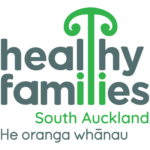When did food become a privilege for our people?
The question strikes at the heart of a growing disconnection between good, nourishing kai and the people who need it most.
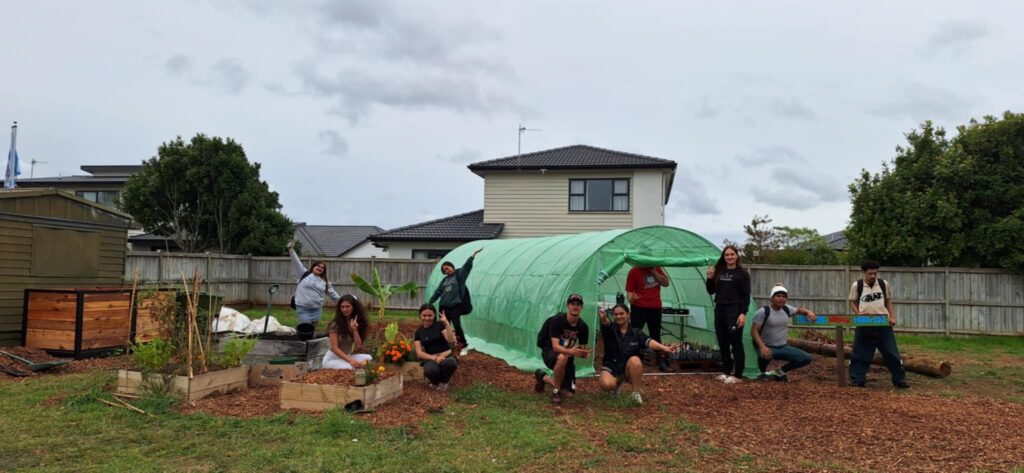
This kaupapa is deeply personal for Ngāti Tamaoho Charitable Trust’s CEO Matekino Marshall who sees the lack of good food in South Auckland as a problem when it comes to not only food security but the overall wellbeing of whānau in the area.
“This is a systemic issue for many across Aotearoa as, due to rising costs, we have whānau who are having to make a choice between keeping the power on or buying good kai for their family,” says Matekino.
“But in a country where we have so much land to grow kai this shouldn’t be a privilege, it should be a right.”
Over the past two years, Healthy Families South Auckland has been working with Ngāti Tamaoho to revitalise local food systems through the establishment of a kai hub rooted in Te Ao Māori.
What began as an expression of interest in 2022 from Auckland Council’s Community Innovation and Waste Solutions teams to support community food hubs across Tāmaki Makaurau, has grown into a place-based partnership around food systems guided by Mana Whenua leadership in Papakura.
HFSA’s role has been to provide backbone support (strategic advice, funding, and coordination) to help enable the aspirations of Ngāti Tamaoho. This included finding a coordinator, Mia King, to help guide and implement the mahi on the ground.
The food hub initiative sits within a broader kaupapa of restoring balance in the way communities access, grow, and relate to kai.
Ngāti Tamaoho have already begun working with the community, mainly around education of understanding kai systems. This includes helping whānau to reconnect to kai through growing gardens, learning how to extend the shelf-life of food through upcycling, and gaining a greater understanding of how caring for the taiao (natural world) leads to helping kai grow.
Healthy Families South Auckland’s Rereahu Collier says that kai systems is a direct path to improving the health and wellbeing of communities across the motu, particularly rangatahi.
He says previous food hub initiatives have shown great success at addressing the challenges to the food system, including Healthy Families South Auckland’s former initiative Papatoetoe Food Hub which has now relocated to Mangere as The Food Hub Collective.
The Papatoetoe Food Hub helped inspire Auckland Council to explore different models of food hubs across the region, spanning mana whenua-led initiatives through to community-driven solutions.
“What makes Ngāti Tamaoho’s initiative so inspiring is that, as mana whenua, they hold a lot more power and influence in addressing the issue of food insecurity as they have access to resources that others won’t usually have,” says Rereahu.
“There is a real ability for mana whenua and local government to learn from this initiative on how to make positive long-term changes when it comes to kai policies.”
This work is closely connected to other Māori systems kaupapa across Healthy Families New Zealand sites, many which appear in a recent Healthy Families New Zealand report, Rauawaawa. The report highlights Te Kāhui Māori and the areas of work undertaken over the years and reflects the whakakitenga (vision) Healthy Families aspires to. “The aim of all this kaupapa is to create opportunities where whānau are self-determining, empowered to live healthy lives, and where Māori systems and practices are the focal point, supporting and nurturing the wellbeing of our people and environments,” says Healthy Families South Auckland Manager Matt Appleyard.
